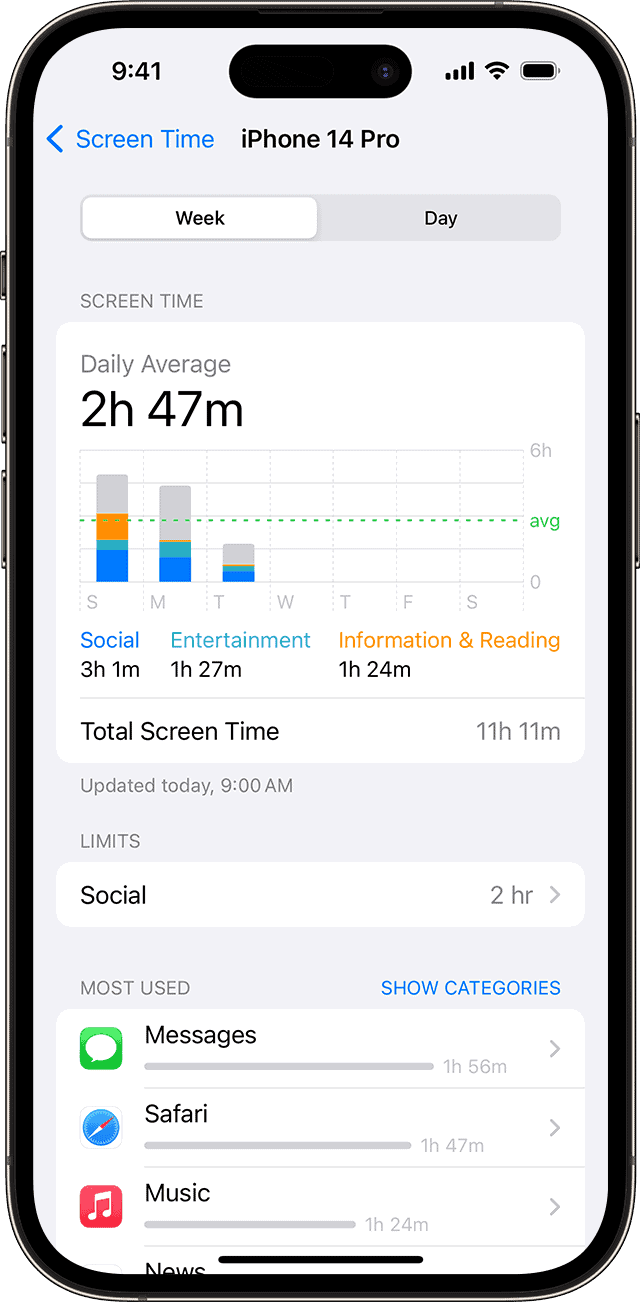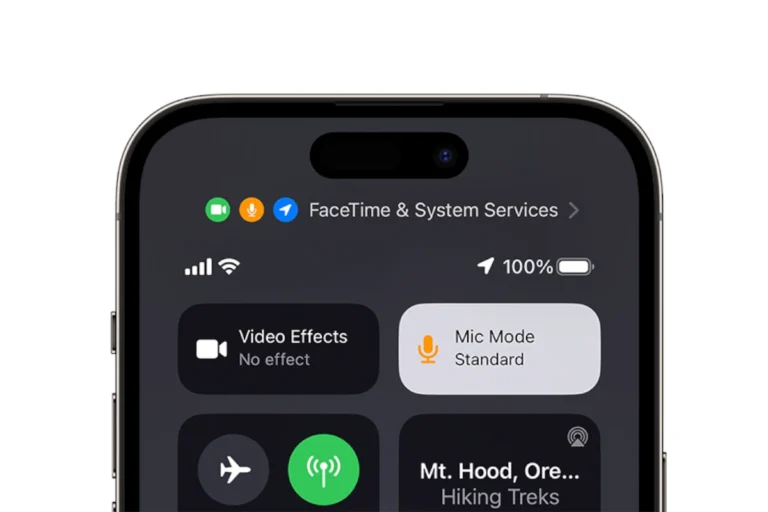
Screen time for children has become a significant concern for parents and health professionals. The rise of digital devices has led to increased exposure to screens, raising questions about its effects on child development. Excessive screen time can negatively impact children’s behavior, social skills, sleep, and physical activity.
Parents play a crucial role in managing their children’s screen time. They can set rules and limits to ensure a healthy balance between digital activities and other important aspects of childhood. This includes prioritizing physical activities, social interactions, and adequate sleep.
Research shows that children who spend more time in front of screens tend to have poorer diets, less sleep, and reduced physical activity. These factors can contribute to various health issues, affecting both physical and mental well-being. It’s essential for families to create a balanced approach to technology use.

Understanding Screen Time’s Impact on Children
Why Screen Time Matters
In today’s world, screens are everywhere. From phones and tablets to TVs and computers, children are exposed to digital devices from a young age. While technology offers many benefits, excessive screen time can have negative effects on children’s physical, mental, and social development.
Potential Negative Impacts of Excessive Screen Time
Too much screen time can lead to several issues:
- Sleep Problems: The blue light emitted from screens can interfere with sleep patterns, making it harder for children to fall asleep and stay asleep.
- Obesity: Screen time often replaces physical activity, increasing the risk of childhood obesity.
- Attention Problems: Excessive screen use can contribute to attention deficits, difficulty focusing, and impulsivity.
- Developmental Delays: For young children, excessive screen time can hinder language development, social skills, and cognitive growth.
- Mood and Behavior Issues: Too much screen time can be linked to increased anxiety, depression, and aggressive behavior.
- Eye Strain and Vision Problems: Prolonged screen use can cause eye strain, dry eyes, and blurred vision.
Recommended Screen Time Limits
The American Academy of Pediatrics (AAP) recommends the following screen time guidelines:
- Children under 18 months: Avoid screen time altogether, except for video chatting with family.
- Children 18-24 months: If introducing screen media, choose high-quality programming and watch with your child.
- Children 2-5 years: Limit screen use to 1 hour per day of high-quality programming.
- Children 6 years and older: Place consistent limits on screen time and ensure it doesn’t interfere with sleep, physical activity, and other healthy behaviors.
Tips for Managing Screen Time
Here are some practical tips for parents:
- Set Clear Limits: Establish clear rules about when and how long children can use screens.
- Create Screen-Free Zones and Times: Designate certain areas of the house (like bedrooms) and times of day (like mealtimes) as screen-free.
- Be a Good Role Model: Children learn by watching their parents. Limit your own screen time and demonstrate healthy digital habits.
- Encourage Other Activities: Promote activities like outdoor play, reading, hobbies, and socializing.
- Choose Quality Content: Select age-appropriate, educational, and engaging programs and apps.
- Use Parental Controls: Utilize parental control features on devices and apps to manage content and usage time.
- Talk to Your Children: Have open conversations with your children about the importance of balanced screen time and the potential risks of overuse.

Benefits of Appropriate Screen Use
While excessive screen time is harmful, moderate and appropriate use can offer some benefits:
- Educational Opportunities: Educational programs and apps can enhance learning and develop new skills.
- Communication and Connection: Video chatting can help children stay connected with family and friends.
- Creativity and Entertainment: Digital tools can foster creativity and provide entertainment.
Screen Time and Social Development
One important consideration is the impact of screen time on social development. Excessive screen use can limit opportunities for face-to-face interaction, which is crucial for developing social skills, empathy, and communication abilities. Encourage children to engage in real-world social activities and limit screen time that replaces these interactions.
Addressing Specific Concerns
| Concern | Recommendations |
|---|---|
| Difficulty sleeping | Avoid screens at least 1 hour before bedtime. Create a relaxing bedtime routine. |
| Lack of physical activity | Encourage outdoor play and other physical activities. Set time limits for sedentary screen use. |
| Trouble focusing | Limit fast-paced and stimulating content. Encourage activities that promote focus and attention, like reading. |
| Social skills development | Promote face-to-face interactions with peers and family. Limit screen time that replaces social activities. |
Finding a balance is key. By setting limits, choosing quality content, and encouraging other activities, parents can help children enjoy the benefits of technology while minimizing the risks.
The Importance of Media Literacy
In addition to managing screen time, it’s crucial to teach children about media literacy. This involves helping them understand how media messages are created, the potential biases in information, and how to critically evaluate online content. Media literacy skills empower children to be responsible and informed digital citizens. This can include discussions about online safety, privacy, and responsible social media use.
Key Takeaways
- Excessive screen time can harm children’s behavior, social skills, and physical health
- Parents can manage screen time by setting rules and promoting alternative activities
- Balancing technology use with physical activity and social interactions is crucial for child development
Influence of Screen Time on Health and Development
Screen time significantly impacts children’s physical, cognitive, and social-emotional well-being. Research indicates both positive and negative effects, depending on content and context.
Physical and Mental Health Correlates
Excessive screen time links to several health concerns in children. Studies show increased risks of obesity due to sedentary behavior and exposure to food ads. Children who spend more time with screens often have poorer sleep quality and duration.
Physical activity levels tend to decrease as screen time increases. This can lead to reduced fitness and potential musculoskeletal issues like back pain.
Mental health is also affected. High screen use correlates with higher rates of anxiety and depression in some children. However, moderate use of certain digital media may have positive effects on self-esteem and social connections.
Cognitive and Language Development Impacts
Screen time influences cognitive skills in complex ways. Some educational content can enhance learning, especially for older children. However, excessive use may hinder attention span and executive functioning.
Language development shows mixed effects. Interactive screen experiences can support vocabulary growth in some cases. But passive viewing, especially in very young children, may delay language acquisition.
Memory and academic performance can be affected by screen habits. Some studies link heavy screen use to lower grades, while others find benefits from educational apps and games.
Social and Emotional Consequences
Screen time shapes social development. Moderate use of social media can boost social skills and maintain friendships. Excessive use, however, may lead to social isolation and reduced face-to-face interaction skills.
Emotional regulation can be impacted. Some children struggle with managing emotions after extended screen sessions. Others find emotional support through online communities.
Family dynamics change with increased screen use. Parent-child interactions often decrease when screens are present. This can affect attachment and emotional understanding.
Behavioral problems sometimes increase with high screen time. Issues like hyperactivity and aggression have been linked to certain types of media content.
Frequently Asked Questions
Screen time impacts child development in various ways. Parents and educators often have questions about its effects on children’s cognitive, social, and emotional growth.
What are the potential negative effects of excessive screen time on child development?
Excessive screen time can hinder language development in young children. It may also lead to reduced physical activity and sleep problems. Some studies link high screen use to attention difficulties and behavioral issues.
Can screen time have positive impacts on child development, and if so, what are they?
Educational content can enhance learning and problem-solving skills. Interactive apps may improve hand-eye coordination. Some digital activities foster creativity and social connections through online collaboration.
How might screen time influence children’s mental health?
High screen use correlates with increased anxiety and depression in some children. Social media exposure can affect self-esteem and body image. However, moderate use of technology may provide stress relief and social support for some kids.
What impact does screen time have on the cognitive development of teenagers?
Screen time can affect attention span and multitasking abilities in teens. It may influence critical thinking skills and information processing. Some studies suggest impacts on memory formation and retention.
Are there any correlations between screen time and academic performance among students?
Excessive screen time often correlates with lower grades. However, moderate use of educational technology can enhance learning outcomes. The type and quality of screen activities matter more than quantity alone.
What are some specific detrimental outcomes of screen time that have been observed in children?
Obesity rates increase with high screen use due to sedentary behavior. Vision problems like myopia are more common in heavy screen users. Some children experience sleep disturbances and difficulty regulating emotions with excessive screen exposure.





